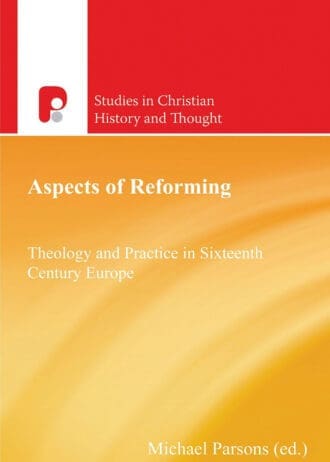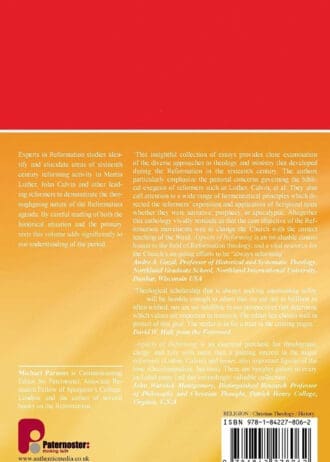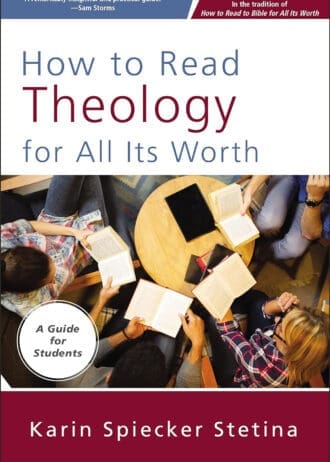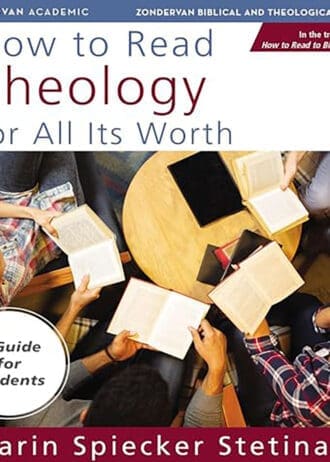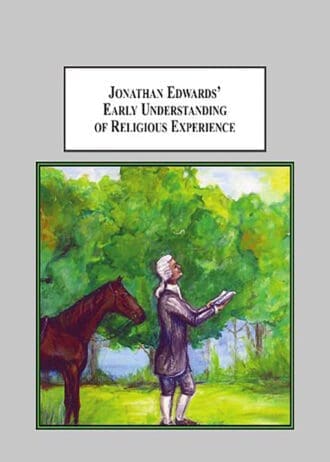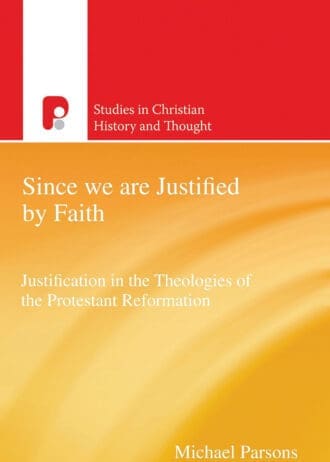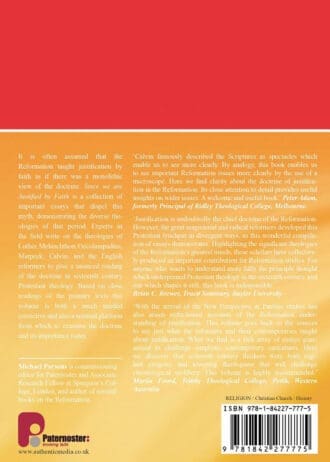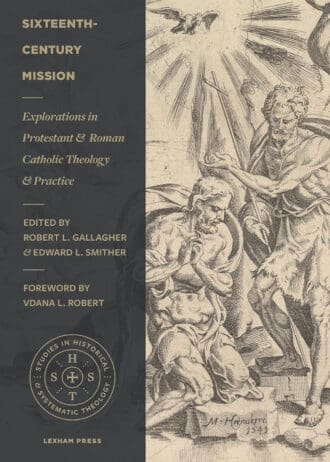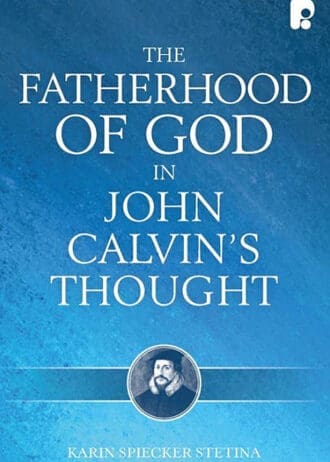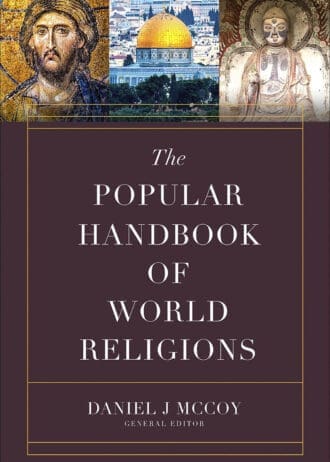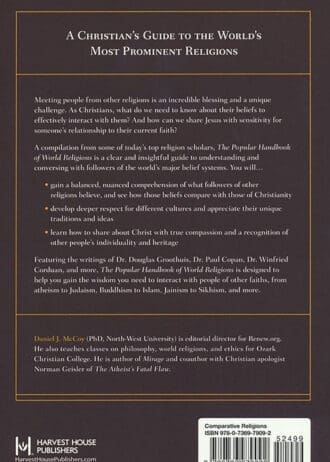Aspects of Reforming: Theology and Practice in Sixteenth Century Europe
The book illustrates the fact that in reforming theology sixteenth century theologians also reformed practice or the imperatives of Christian living. Experts in reformation studies identify and elucidate areas of sixteenth century reforming activity in Martin Luther, John Calvin and other leading reformers to demonstrate the thoroughgoing nature of the reformation agenda. The interpretation of Scripture, the centrality of Jesus Christ, the Jewish question, freedom and pastoral insight form the contents of an important section on Luther. The use of feminine imagery for God, the Augsburg Confession, deification, education, and the gospel are treated in relation to Calvin. The final section deals with Oecolampadius, the Son of Man texts in Matthew, justification, texts on difficult deaths and a Trinitarian exegesis of Scripture. By careful reading of both the historical situation and the primary texts this volume adds significantly to our understanding of the period.

